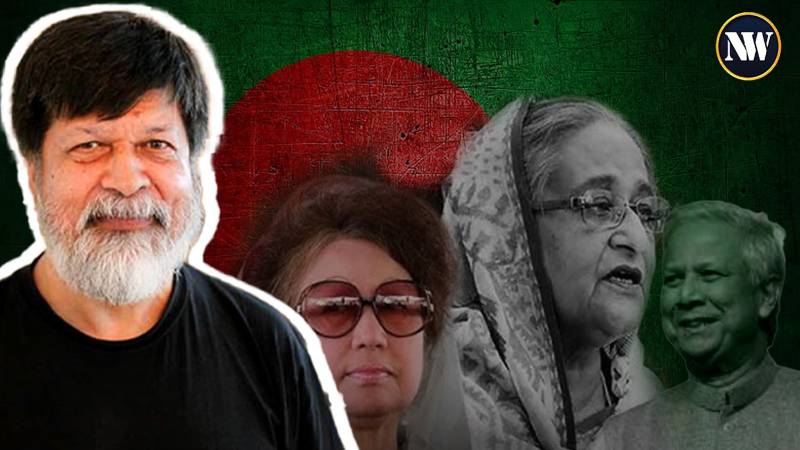
Within six month of getting elected as the PM for the fourth time, Sheikh Hasina Wazed, who ruled Bangladesh with an iron fist for 15 years, has been ousted from power following a massive nationwide uprising. The unrest began with student protests over discriminatory job quotas and quickly evolved into a widespread movement that forced Hasina to flee to India.
The army chief has announced the formation of an interim government, and the people have chosen Nobel Peace Prize laureate Muhammad Yunus of the Garameen Bank to lead the country at this moment of uncertainty. The release of former Prime Minister and opposition leader Begum Khaleda Zia has been a significant development, but the exact role of the military in the interim government and the future political landscape remain uncertain. The law and order situation is yet to improve, and the interim government faces the critical challenge of restoring peace and managing the transition effectively.
While speaking at a program hosted by Rabia Mehmood, eminent photojournalist and writer Shahidul Alam, who was previously jailed for 107 days in 2018 under Hasina’s regime, shared his insights. Alam criticized Hasina for undermining the youth and mismanaging both the student protests and the country's development. He argued that Hasina's prolonged rule primarily benefited the wealthy elite while neglecting broader societal needs.
Sultan Mohammed Zakaria, a researcher specializing in human rights abuses, shed light on the Chhatra League's role in the crisis. Zakaria described how the Chhatra League, the student wing of Hasina’s party, was repeatedly used as a militant force to suppress the student movement over the past decade. This use of force significantly contributed to the scale and intensity of the unrest, he concluded.
